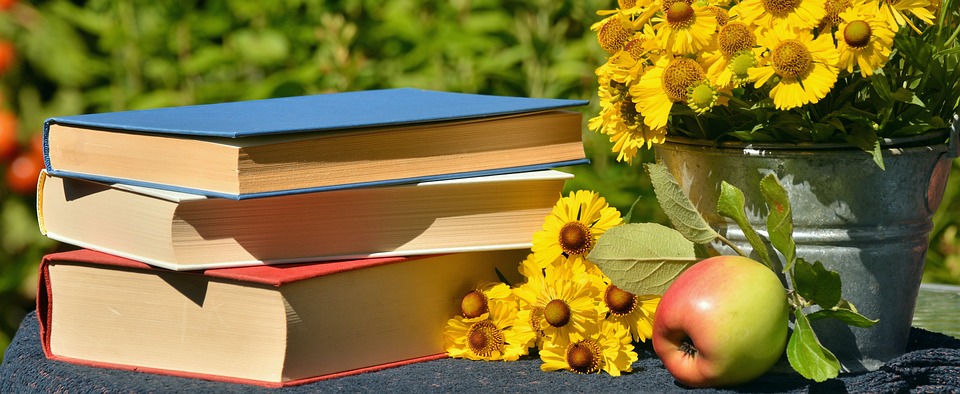Introduction
Gardening is one of the most rewarding and enjoyable hobbies you can have. Whether you have a small balcony, a backyard, or even just a sunny windowsill, you can create a beautiful garden that brings joy and fresh produce to your life. If you’re new to gardening, it can seem overwhelming at first, but with the right tips and ideas, you’ll be on your way to becoming a green thumb in no time.
Getting Started
1. Start with the basics: Before you dive into gardening, it’s important to understand your hardiness zone, which determines what plants are suitable for your area. This information can be easily found online by entering your zip code or city.
2. Choose the right location: Most plants require at least six hours of sunlight daily. Therefore, select a spot in your garden that receives ample sunlight. If you have limited space, consider container gardening or vertical gardening to maximize the area you have.
Soil Preparation and Plant Selection
3. Test your soil: Understanding the quality of your soil is crucial. You can get a soil test kit from your local garden center or use online services to analyze the composition of your soil. This will help you determine what amendments, such as organic matter or fertilizers, you need to add to improve it.
4. Start with easy-to-grow plants: As a beginner, it’s best to start with plants that are known for their resilience and low maintenance requirements. Examples include tomatoes, herbs like basil, flowers like marigolds, or even succulents.
Watering and Maintenance
5. Water properly: Overwatering or underwatering can harm your plants. A general rule of thumb is to water deeply and less frequently, allowing the soil to dry out slightly between waterings. Monitor the moisture level by inserting your finger into the soil about an inch deep. If it feels dry, it’s time to water.
6. Weed and mulch: Regularly remove weeds to prevent them from stealing nutrients and water from your plants. Mulching around your plants will help suppress weeds, retain moisture, and regulate soil temperature.
Pest Control
7. Identify common pests: Some common garden pests include aphids, snails, slugs, and caterpillars. Learn to identify them, and if you spot any, take appropriate action immediately.
8. Natural pest control methods : Avoid using chemical pesticides that may harm beneficial insects and pollinators. Instead, try using organic solutions like neem oil, companion planting, or physical barriers like netting to protect your plants.
Outdoor Garden Ideas
9. Vertical gardening: If you’re short on space, consider vertical gardening techniques, such as using trellises, hanging planters, or wall-mounted containers. These vertical structures can help maximize your growing area without taking up much space.
10. Herb and vegetable garden combo : Combine herbs like rosemary, thyme, or oregano with your vegetables to create a multi-functional garden. This not only saves space but also enhances the flavor of your dishes.
FAQs
What are the easiest plants for beginners to grow?
Some of the easiest plants for beginners to grow include tomatoes, basil, marigolds, zinnias, and succulents.
How often should I water my plants?
The frequency of watering depends on various factors like plant type, weather, and soil. Generally, it’s better to water deeply and less frequently, allowing the soil to partially dry out between waterings.
Are there any natural ways to keep pests away from my garden?
Yes, several natural pest control methods can be used, such as neem oil, companion planting, physical barriers like netting, or attracting beneficial insects like ladybugs.




